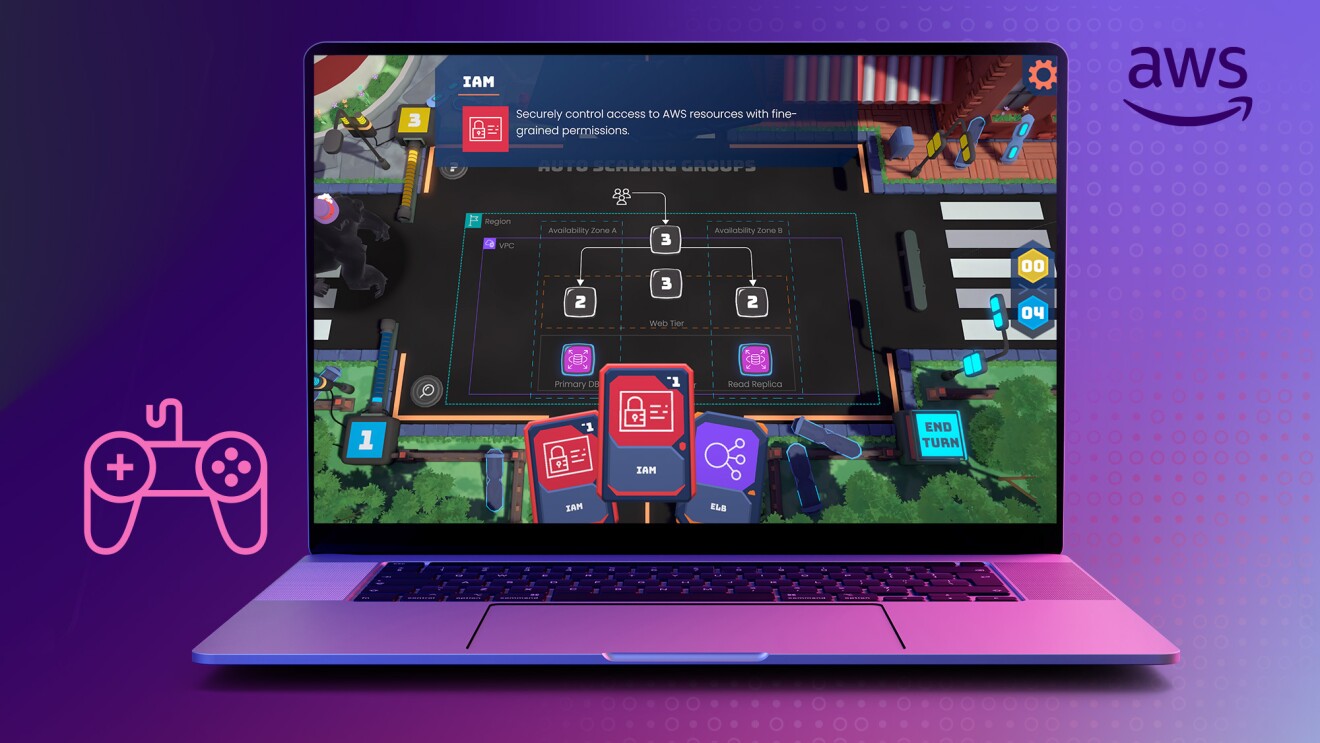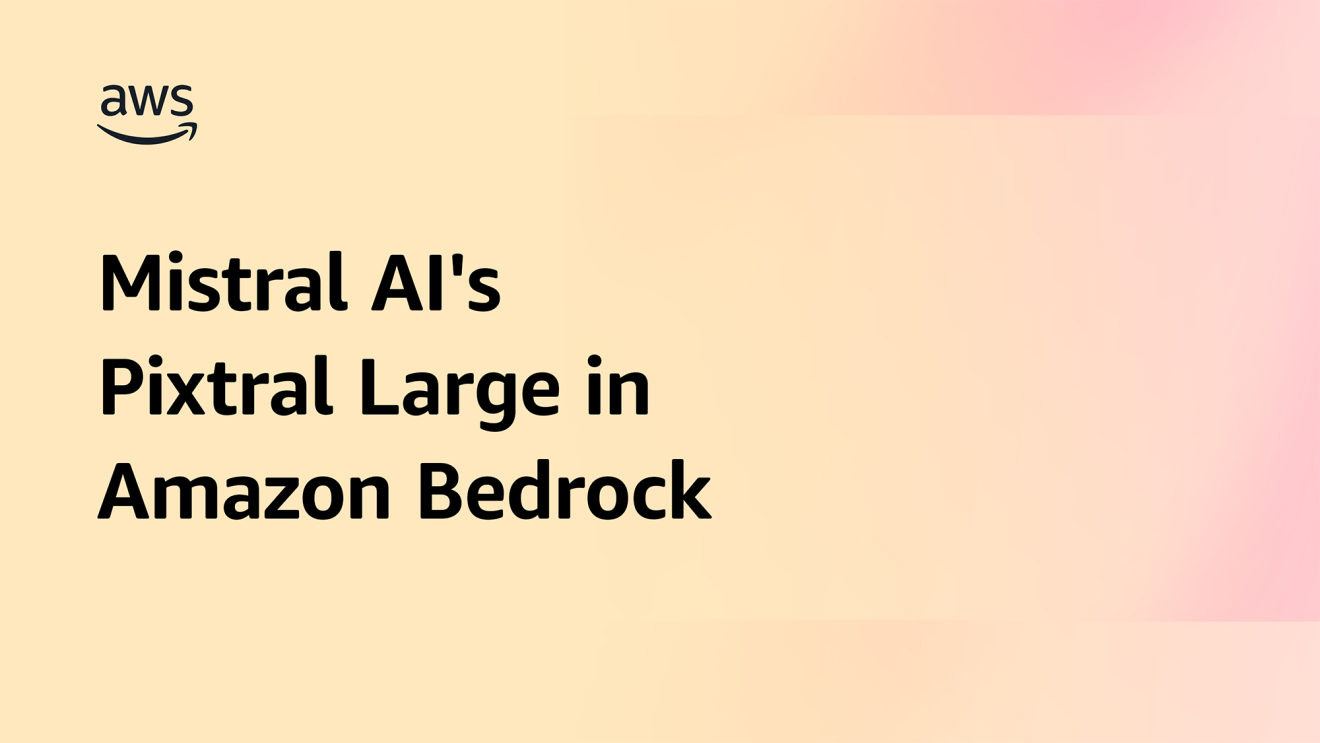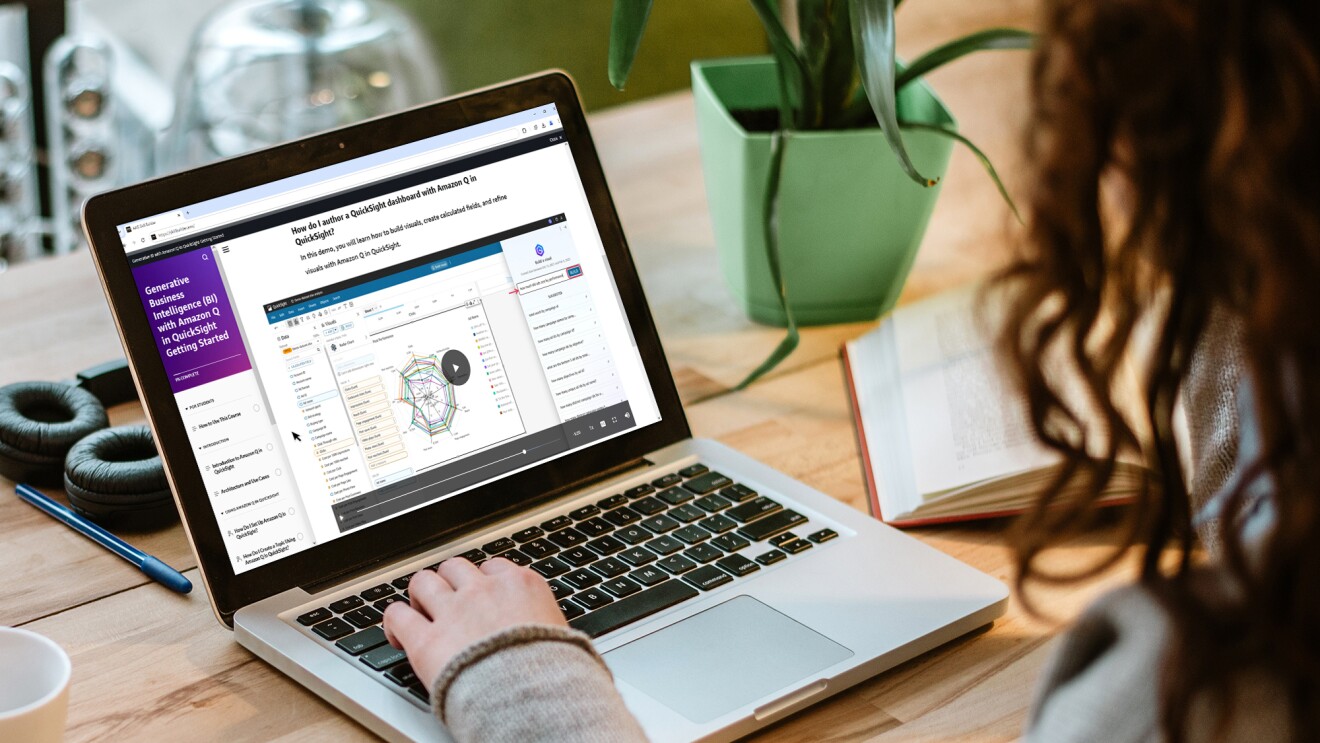The World Health Organization (WHO) recently launched the WHO Academy (WHOA) app to support health workers around the world in caring for patients infected by COVID-19, as well as to protect themselves as they do this critical work.

The app—available for free download from both the Apple App Store and Google Play Store in Arabic, Chinese, English, French, Russian, Spanish, and Portuguese—enables health workers to access the WHO's rapidly expanding bank of COVID-19 learning resources and guidance, along with offering virtual skills workshops and other live training.
Amazon Web Services (AWS) provided free hosting services to the WHOA to enable it to launch the app.
It is one of multiple ways we are supporting the WHO with advanced cloud technologies and technical expertise, to help accelerate global efforts to accelerate global efforts to disseminate important guidance, information and resources in an effort to better contain the spread of COVID-19.
Making COVID-19 data available
The WHO has a COVID-19 'situation dashboard,' or interactive map, which gives a daily update on the latest global—and country-specific—numbers of COVID-19 cases.
The WHO has a COVID-19 'situation dashboard,' or interactive map, which gives a daily update on the latest global—and country-specific—numbers of COVID-19 cases.
"Thanks to support from tech companies, WHO was able to enhance the COVID-19 situation dashboard," said WHO Chief Information Officer Bernardo Mariano. "Countries rely on this data to see how well certain interventions are working in other countries, to help them decide whether to do the same."
AWS is providing automatic web content extraction, expertise in data analytics and processing, and open object storage (which enables the retention of large amounts of unstructured information) to help the WHO to share epidemiological data with its staff, public health bodies, Member States, and other health actors around the world, in a timely way.
Supporting a public health 'early warning system'
The WHO's Epidemic Intelligence from Open Sources initiative (EIOS) aims to develop a unified global early warning system, using publicly available information—such as news articles and reports—to detect, verify, assess, and communicate potential public health threats.
The WHO's Epidemic Intelligence from Open Sources initiative (EIOS) aims to develop a unified global early warning system, using publicly available information—such as news articles and reports—to detect, verify, assess, and communicate potential public health threats.
The EIOS system manages, filters, and helps contextualize information on specific public health topics, informing the EIOS community of experts across the globe. The WHO says the system picked up the first article related to COVID-19 at the end of December, and by mid-March was collating more than 120,000 articles on the outbreak, each day.
AWS is helping the WHO develop a tool to enable specific classifications of large volumes of COVID-19-related content from around the globe even more effectively. The tool will use machine learning to help classify the tone of content in the system, for example identifying rumours or intentional misinformation, facilitating understanding of and response to the so-called COVID-19 ‘infodemic’ and making credible information easier for the expert community to find and assess.
"This is where we are really seeing the power of AWS," said Bernardo.
Managing increased demand for information
Traffic to the WHO website has increased almost eightfold since the beginning of the year, as more and more medical professionals and members of the public look for reliable, expert-led information on the coronavirus outbreak.
Traffic to the WHO website has increased almost eightfold since the beginning of the year, as more and more medical professionals and members of the public look for reliable, expert-led information on the coronavirus outbreak.
AWS is providing the WHO with increased computational capacity to help it scale rapidly and support the surge in demand, and to ensure users around the world can access the website at any time.
Training more frontline responders
OpenWHO is the WHO's interactive online platform, where frontline responders—including healthcare professionals—anywhere in the world, can access a catalog of training courses on dealing with health emergencies.
OpenWHO is the WHO's interactive online platform, where frontline responders—including healthcare professionals—anywhere in the world, can access a catalog of training courses on dealing with health emergencies.
While the WHO has quickly made courses relating to the coronavirus outbreak available, the challenge remains to make the content—primarily video—available to more users by offering it in multiple languages.
AWS is working on providing machine learning and media services to facilitate and speed up the production of this learning material in different languages, with the aim of achieving sufficient accuracy to reduce the turnaround time on each piece of content from a few days, to a couple of hours.
Fundraising efforts
AWS and Amazon are also providing fundraising support to the COVID-19 Solidarity Response Fund for the WHO, with a 12-hour Twitch charity fundraiser, and participation in the WHO’s #PlayApartTogether campaign.
AWS and Amazon are also providing fundraising support to the COVID-19 Solidarity Response Fund for the WHO, with a 12-hour Twitch charity fundraiser, and participation in the WHO’s #PlayApartTogether campaign.
Learn more about what Amazon is doing to support the global response to COVID-19.
Trending news and stories








